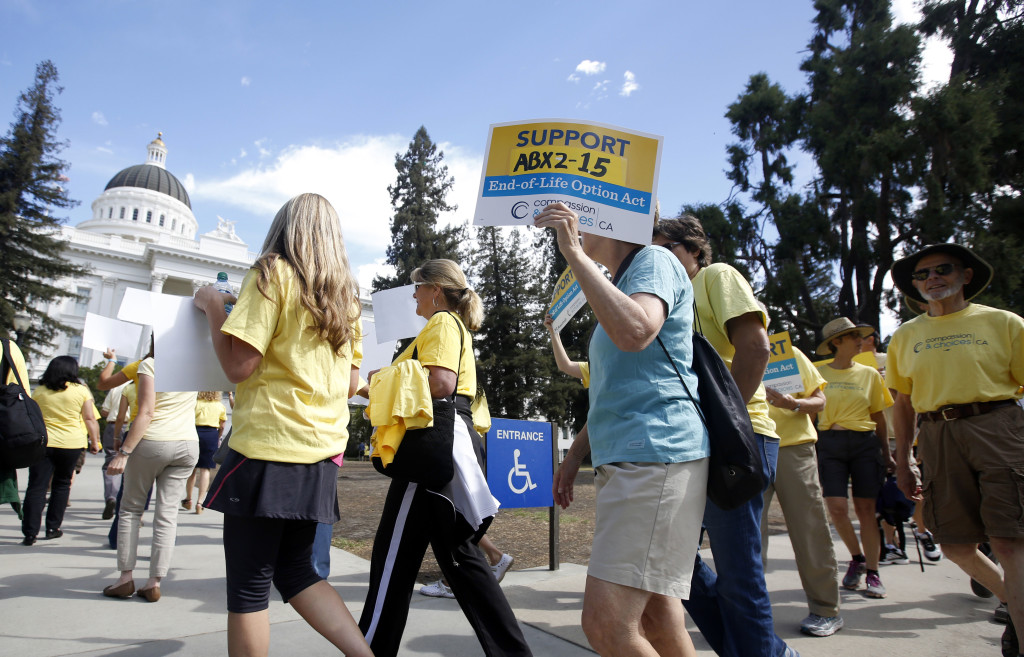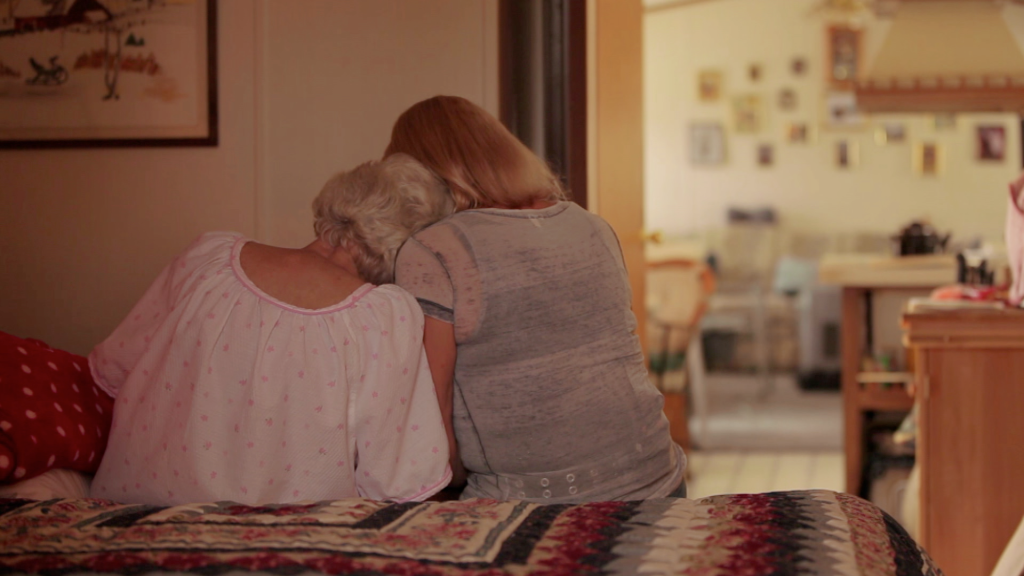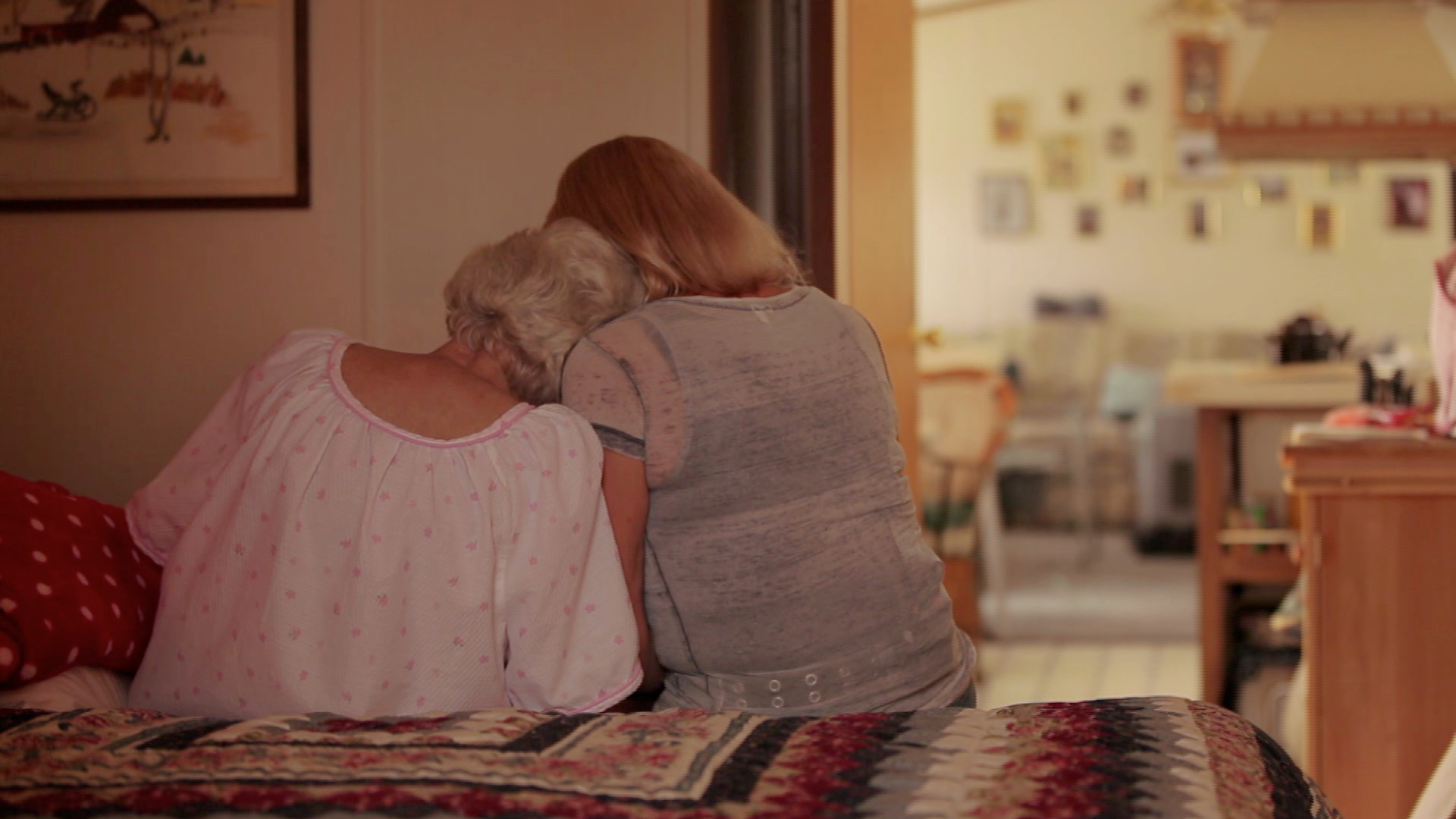California Governor Signs Bill To Legalize Physician-Assisted Suicide

October 5, 2015
Share
Governor Jerry Brown of California signed legislation on Monday that will allow physicians to prescribe lethal doses of medication to terminally ill patients who wish to end their lives.
The decision makes California the largest state in the nation to legalize physician-assisted suicide — it joins Montana, Oregon, Vermont and Washington as the only states where the controversial practice is legal.
Under the bill, a terminally ill patient will be able to seek a lethal prescription from a physician if he or she is able to meet certain criteria. The patient must be mentally competent, able to swallow the medication on their own, and determined by two doctors to have six months or less to live.
In a statement, Brown, a Democrat, said that he carefully considered the theological and moral implications of his decision.
“In the end, I was left to reflect on what I would want in the face of my own death,” said Brown, a former Roman Catholic seminary student. “I do not know what I would do if I were dying in prolonged and excruciating pain. I am certain, however, that it would be a comfort to be able to consider the options afforded by this bill. And I wouldn’t deny that right to others.”
The bill had been strongly opposed by a coalition that included the Catholic Church and advocates for the disabled.
Tim Rosales, a spokesman for California Against Assisted Suicide, criticized Brown’s decision, saying that for some patients, the cost of medical treatment could far outweigh the cost of assisted suicide.
“His decision was based on his personal background, as somebody of wealth and access to medical care, and that’s a very different background and a very different reality for millions of Californians living without that same access,” said Rosales, “These are the people who will be hurt by giving doctors the ability to prescribe lethal overdoses for patients.”
Supporters of the law, such as the group Compassion and Choices, hailed Brown’s decision as a victory for patient choice.
“We believe it is equally as important to advocate that the health care systems and providers are able to provide the most efficient care to people who wish to have curative therapies, medically managed conventional death, or aid in dying,” said Mickey MacIntyre, chief program officer for Compassion and Choices, one of the major nonprofit groups dedicated to protecting and expanding the rights of the terminally ill. “It is difficult to prioritize between those three because each and every one of them is important to each and every one of us.”
The law will take effect after the California legislature concludes its special session on healthcare, which may not occur until next year. Meanwhile, at least 12 other states have recently considered similar legislation to legalize physician-assisted suicide.
Related film: The Suicide Plan
FRONTLINE explores the underground world of assisted suicide.

Related Documentaries
Latest Documentaries
Related Stories
Related Stories
Explore
Policies
Teacher Center
Funding for FRONTLINE is provided through the support of PBS viewers and by the Corporation for Public Broadcasting, with major support from Ford Foundation. Additional funding is provided the Abrams Foundation, Park Foundation, John D. and Catherine T. MacArthur Foundation, Heising-Simons Foundation, and the FRONTLINE Trust, with major support from Jon and Jo Ann Hagler on behalf of the Jon L. Hagler Foundation, and additional support from Koo and Patricia Yuen. FRONTLINE is a registered trademark of WGBH Educational Foundation. Web Site Copyright ©1995-2025 WGBH Educational Foundation. PBS is a 501(c)(3) not-for-profit organization.





















